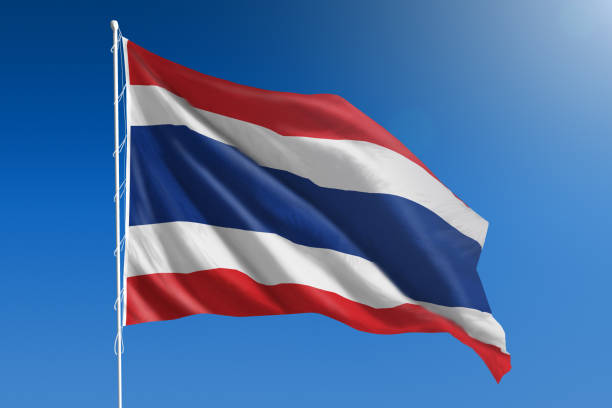ICJ and Lawyers’ Rights Watch Canada intervene in criminal defamation proceeding against Thai journalist Pratch Rujivanarom.
Today, the International Commission of Jurists (ICJ) and Lawyers’ Rights Watch Canada (LRWC) jointly submitted a legal brief (amicus curiae) to the Nakhon Pathom Provincial Court in criminal defamation proceeding against Thai journalist Pratch Rujivanarom, former editor of GreenNews Agency.
The submission stresses that international law requires that defamation laws not be adopted or applied in a manner that prevents journalists and others from engaging in freedom of expression, and that criminal sanction is never an appropriate measure for defamation.
The action, brought by Myanmar Pongpipat Company Limited – a Thai-owned company that operates the Heinda Mine in Dawei, was taken in response to a news article published on GreenNews Agency’s Facebook page and website on 13 January 2020.
The article, titled “Myanmar Court Ordered the Thai Mining Company to Compensate Dawei Villager 2.4 million Baht as a Result of the Environmental Damage Caused by the Tin Mining’s Operations,” had simply summarized the verdict rendered by Dawei District Court on 7 January 2020, where Saw Dah Shwe, a villager from Myanmar’s Dawei District, won a case against the company and was monetarily compensated for his losses sustained after the flooding allegedly caused by the mine’s operations. The plaintiff claimed that the GreenNews article had caused harm to the company and Thailand and the flooding was the result of the company’s dam construction, not the mine’s operations.
The trial will be held between 13 – 15, and 24 February 2023 at Nakhon Pathom Provincial Court.
The ICJ and LRW legal brief is aimed at assisting the Provincial Court in taking into consideration Thailand’s international legal obligations relating to the right to freedom of expression. It considers that Thailand is bound to respect and ensure the capacity of all persons, particularly journalists and human rights defenders, to engage in free expression. The imposition of harsh penalties such as imprisonment or heavy fines has a “chilling effect” on the exercise of freedom of expression and undermines the work of journalists and human rights defenders seeking to bring to light human rights concerns.
The brief underscores that under international law and standards, criminal sanction involving imprisonment should generally not be imposed for defamation, and no person should be subject to a sentence of imprisonment for the offense of defamation.
Criminal defamation, under section 326 of the Thai Criminal Code, carries a maximum sentence of one year of imprisonment, a fine of up to 20,000 Baht (approx. USD 552) or both. Section 328 criminalizes defamation “by means of publication” with up to two years’ imprisonment and a fine of up to 200,000 Baht (approx. USD 5,529)
In 2017, Myanmar Pongpipat Company Limited, the same plaintiff in this case, also filed a criminal defamation lawsuit against Rujivanarom and The Nation Newspaper for reporting alleged environmental damage caused by the company. The Company alleged that the article “Thai mine ‘destroyed Myanmar water sources’” contained false allegations that the company’s tin mine was contaminating the river and water supply of Myaung Pyo village in the Dawei region. A settlement between all parties was reached after the trial had begun. It
conditioned the withdrawal of the entire case by requiring The Nation to publish the Company’s explanation on its website. The case was withdrawn after the condition was fulfilled.
In recent years, Thai journalists and other media workers have faced various legal and non-legal pressures aimed at discouraging them from critical reporting. To our knowledge, between January 2001 and January 2023, at least 15 media workers were prosecuted merely for reporting on issues of public interest. For example, in 2015, a criminal defamation lawsuit was brought against the Thai Public Broadcasting Service (Thai PBS) and four media workers for airing a program on the environmental impacts of the gold mining industry in Thailand. In 2018, the lawsuit brought by a chicken farm company against a journalist after making a post on Twitter highlighting alleged labour rights violations by the Company.
The submission in English can be downloaded here
The submission in Thai can be downloaded here
Further reading
Thailand: Abusive lawsuits targeting journalists (SLAPPs) must be curtailed

